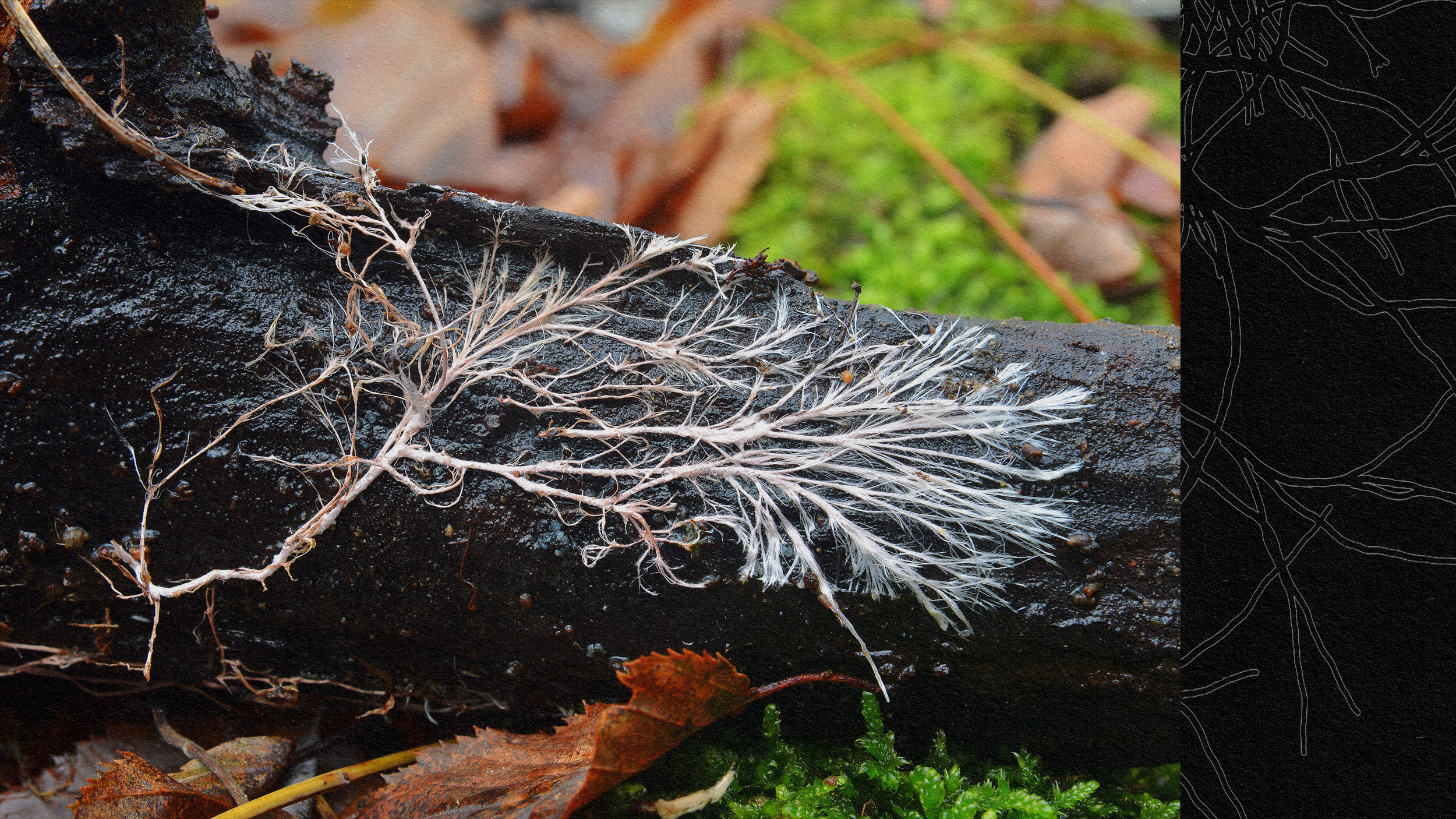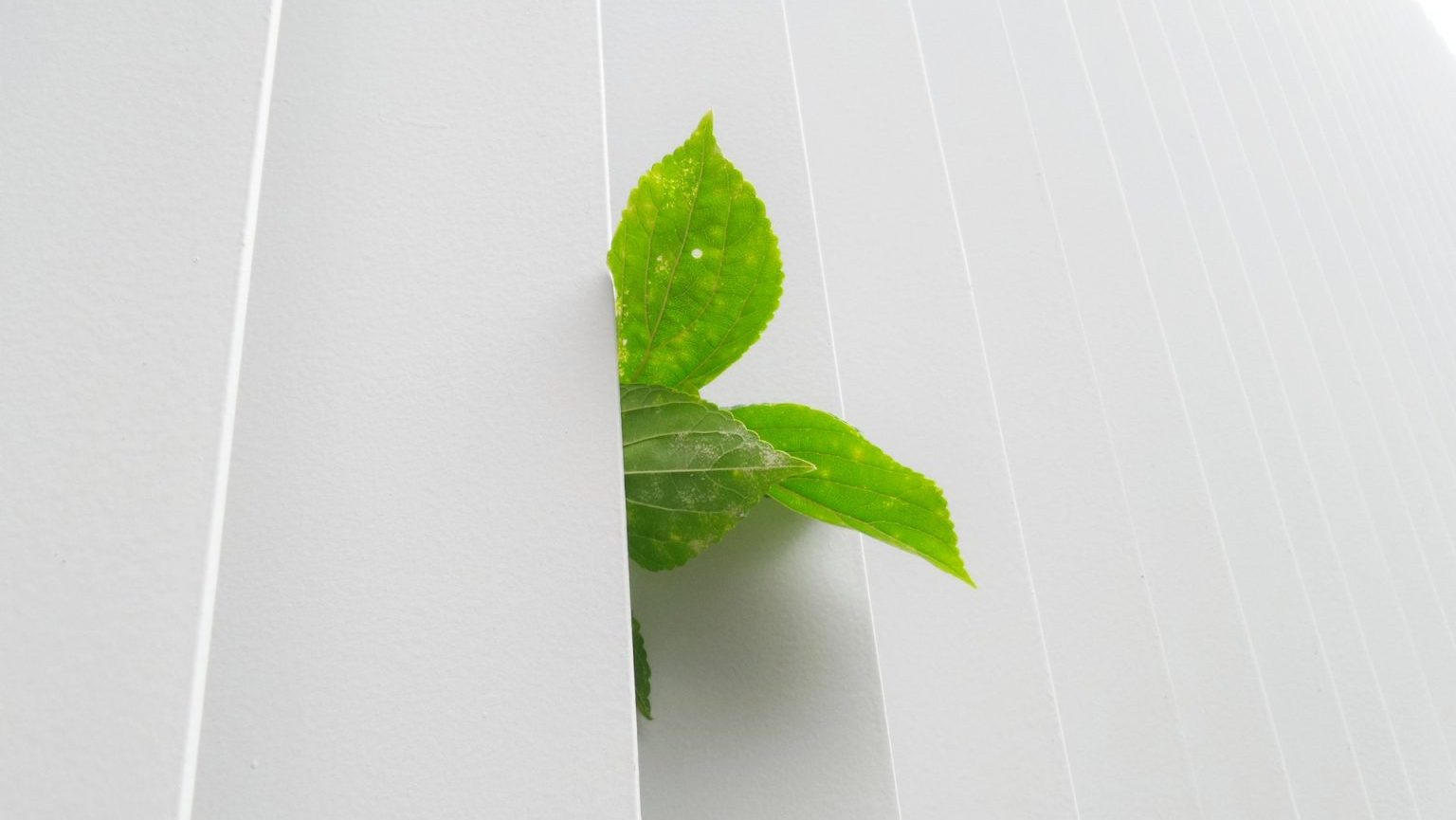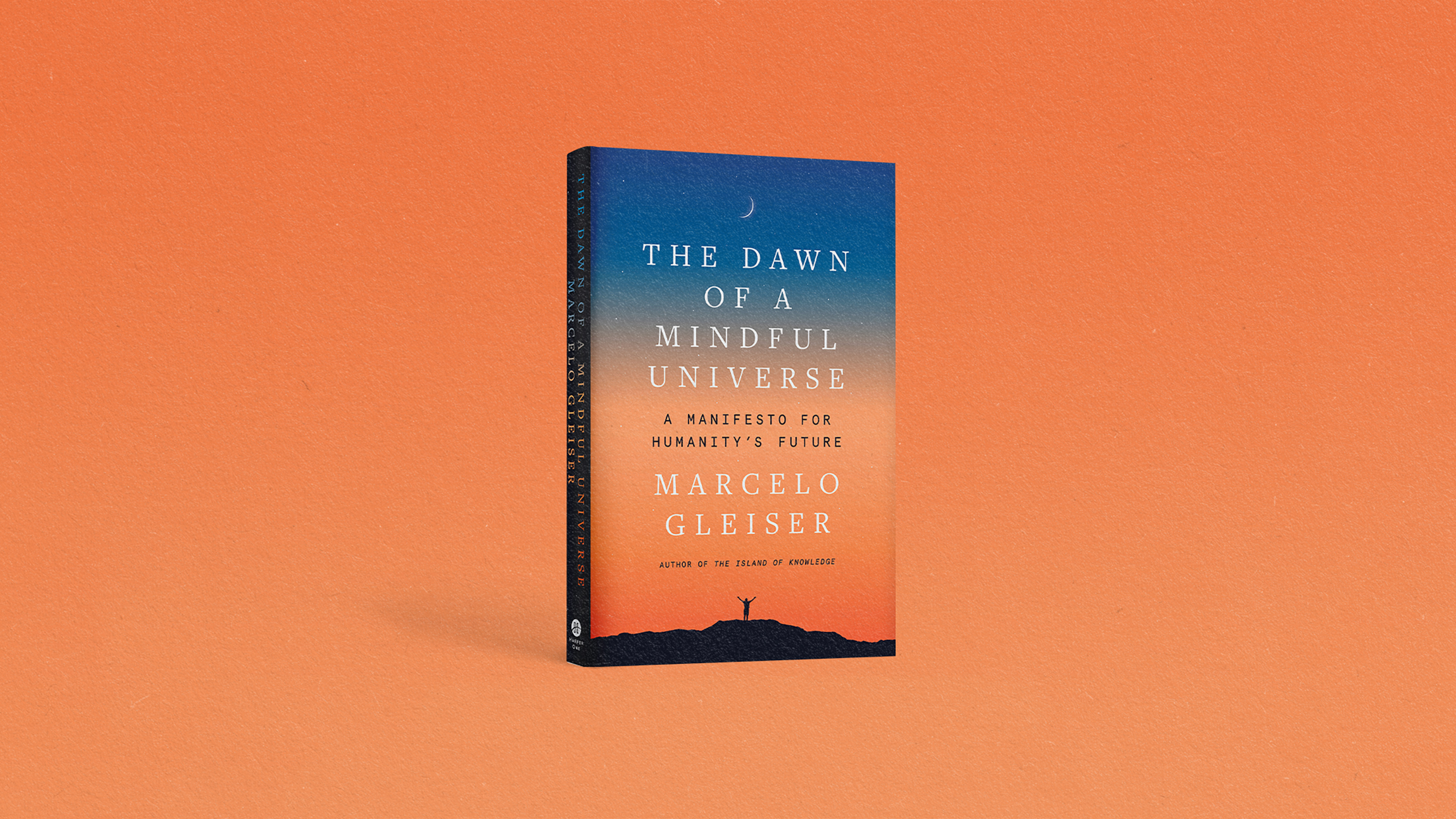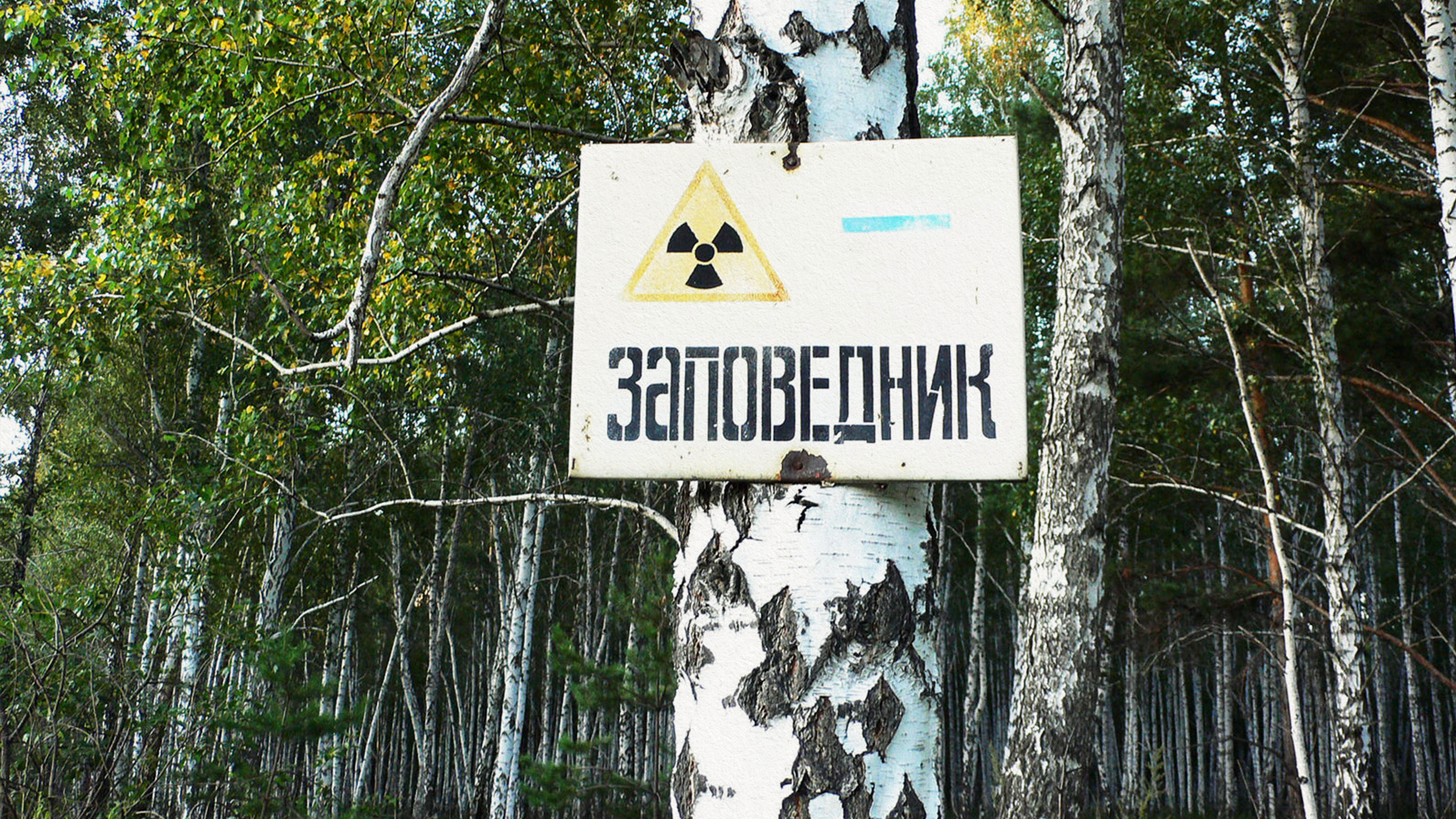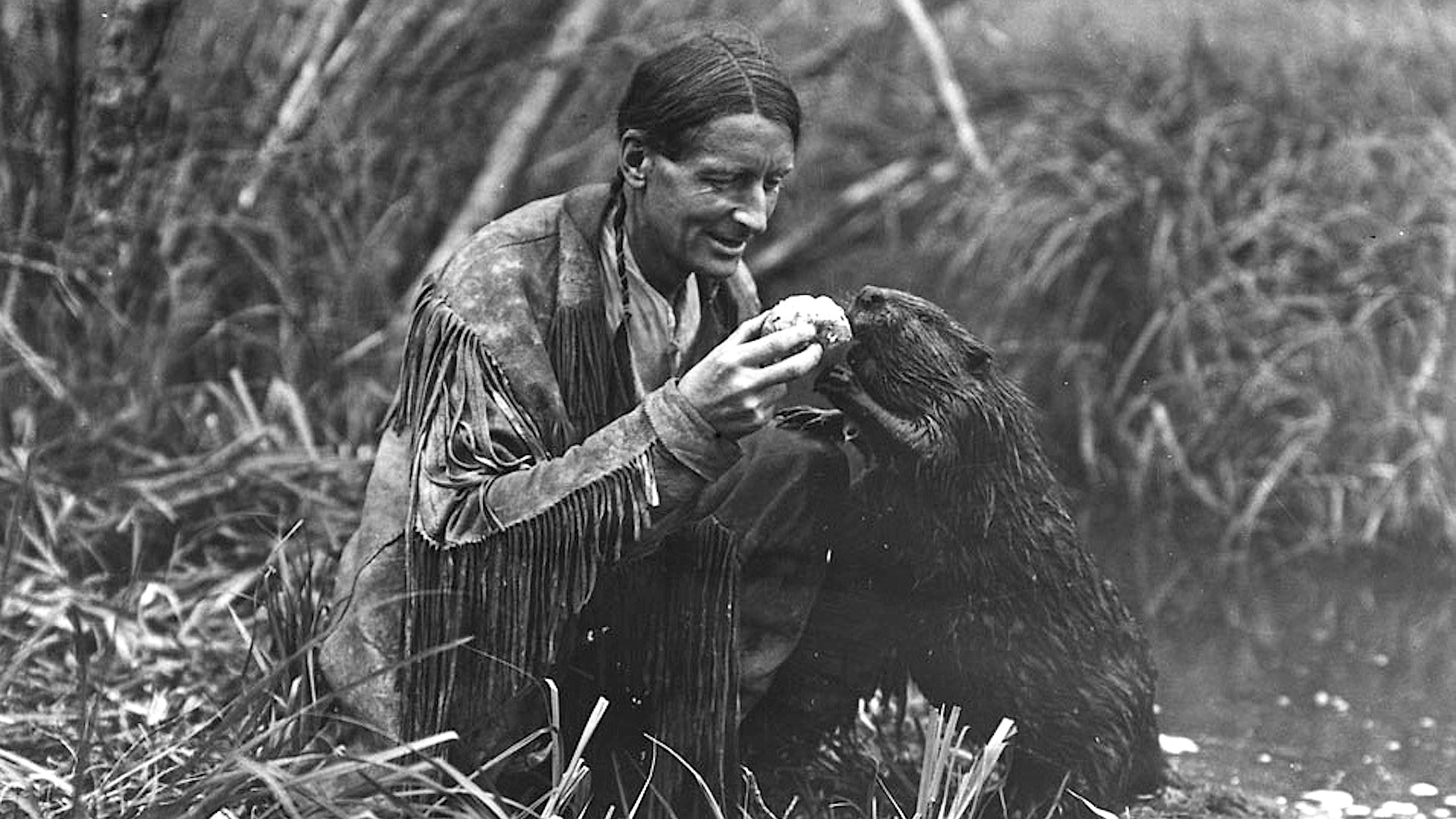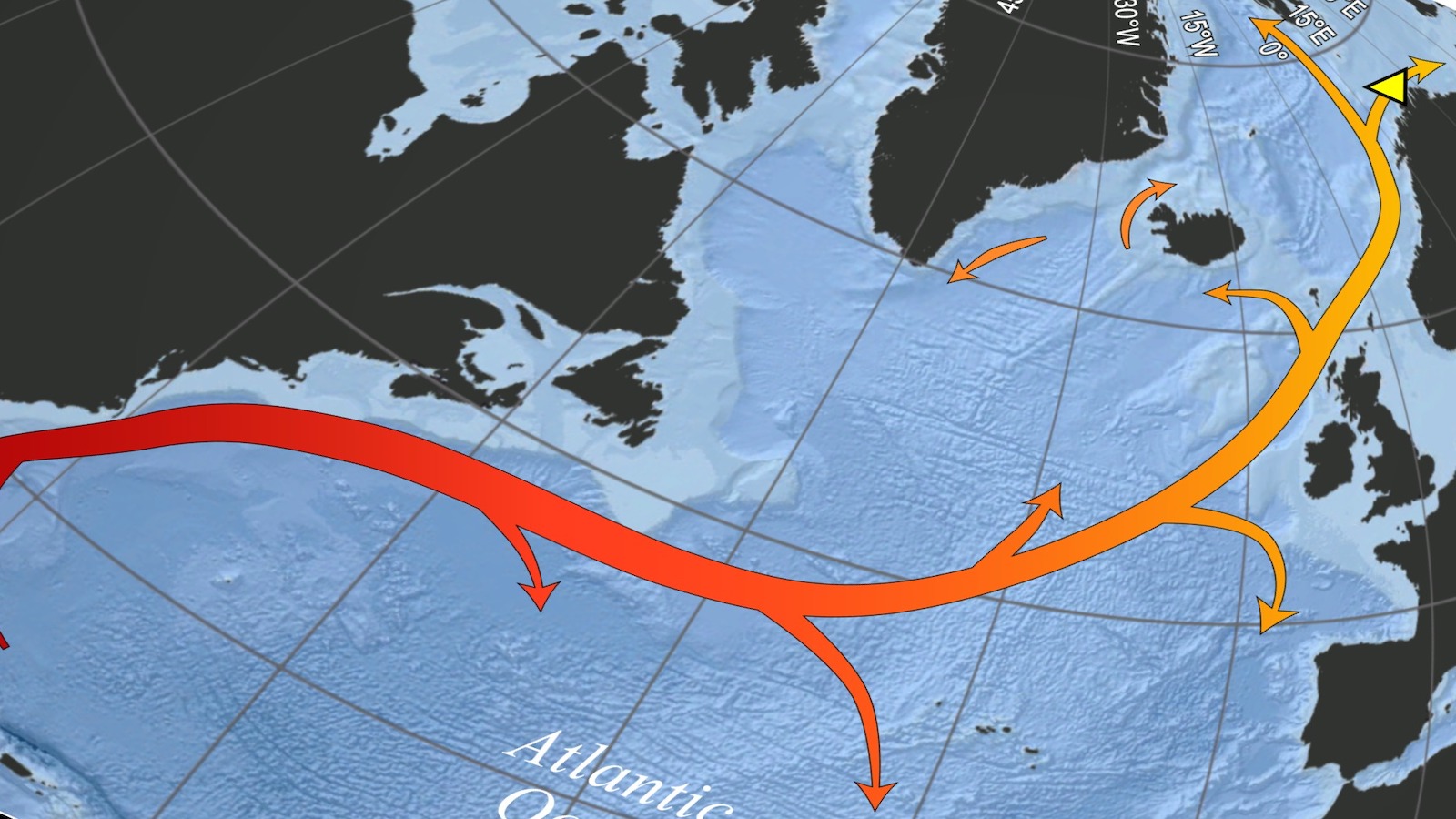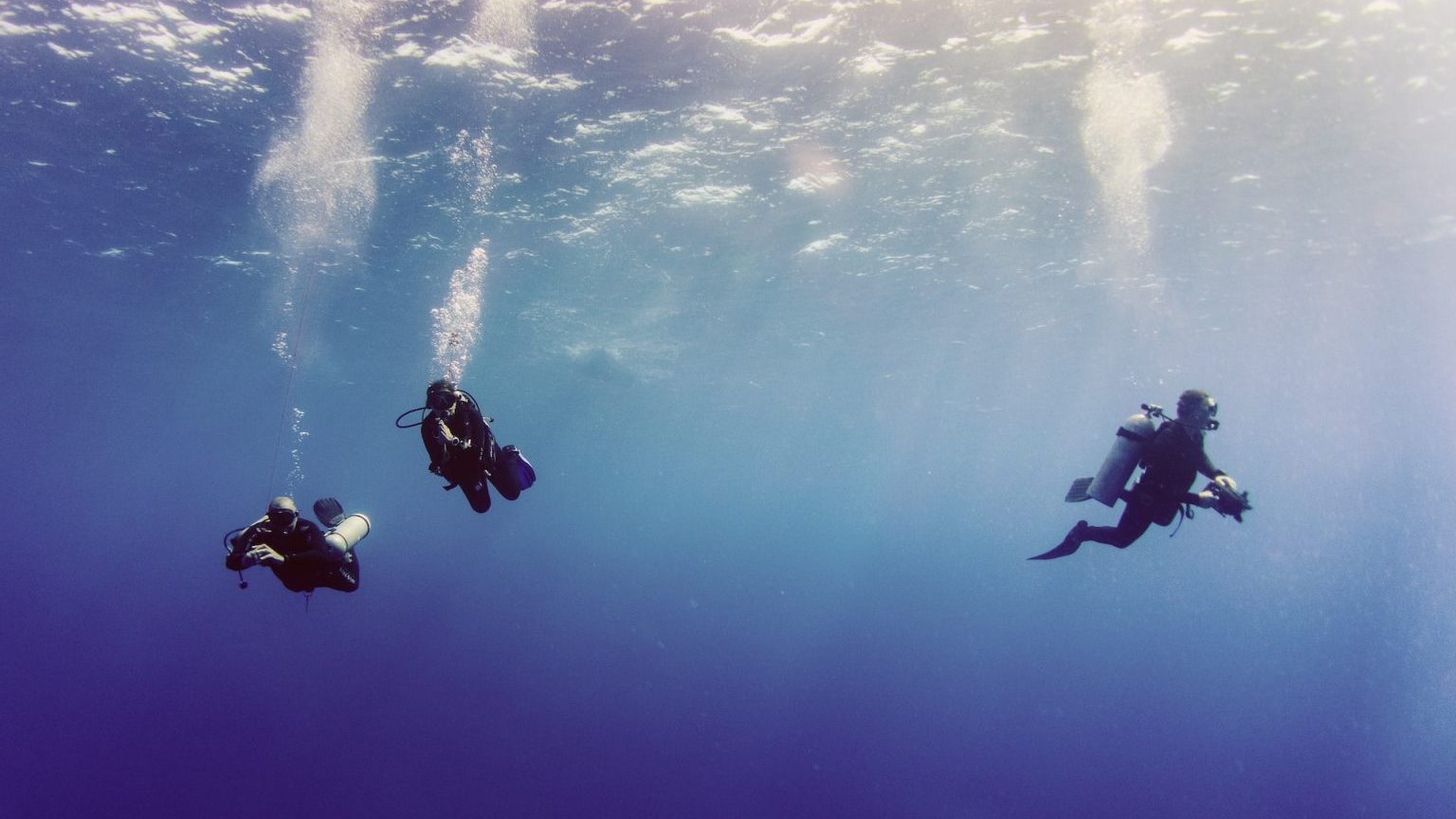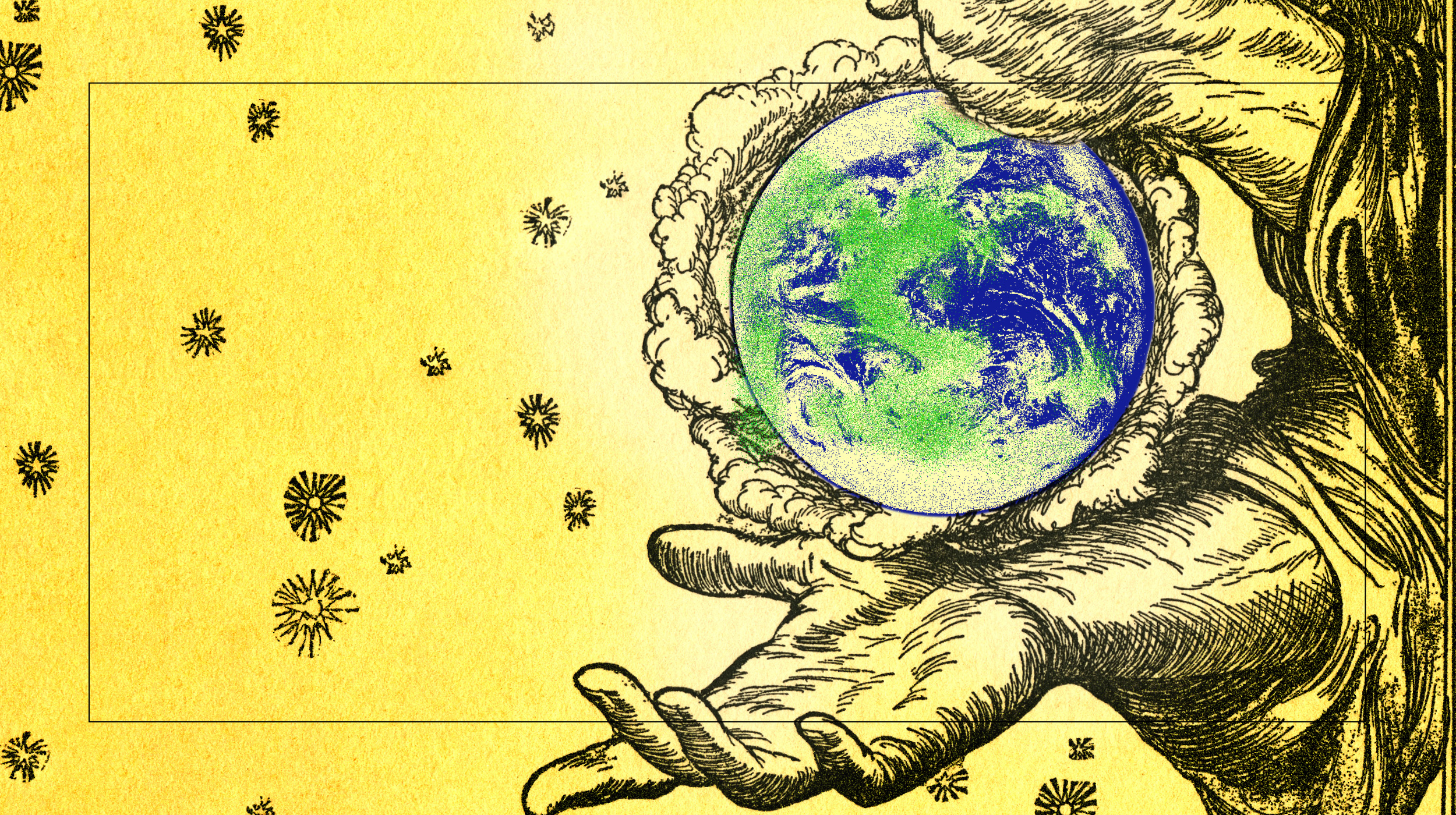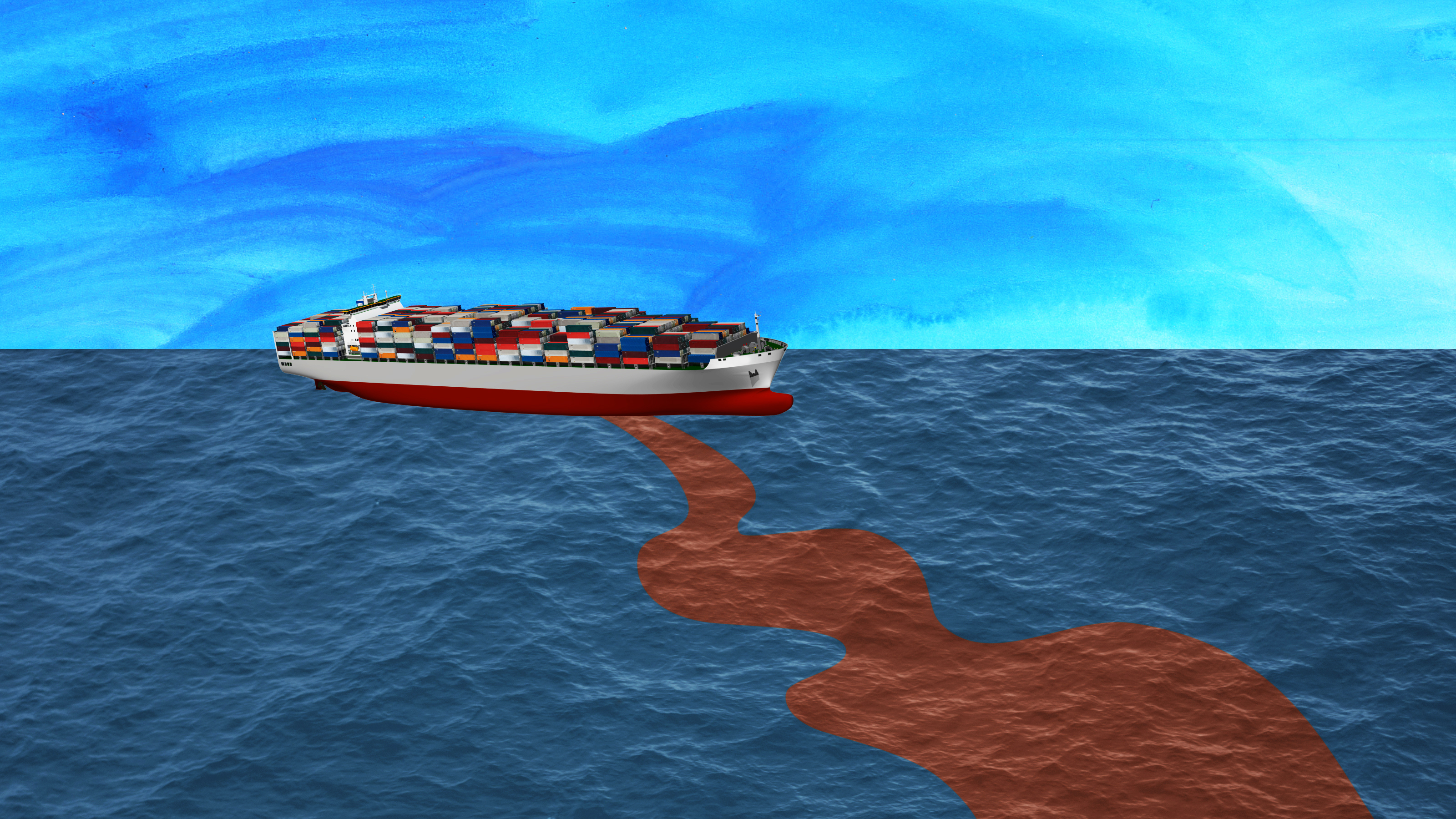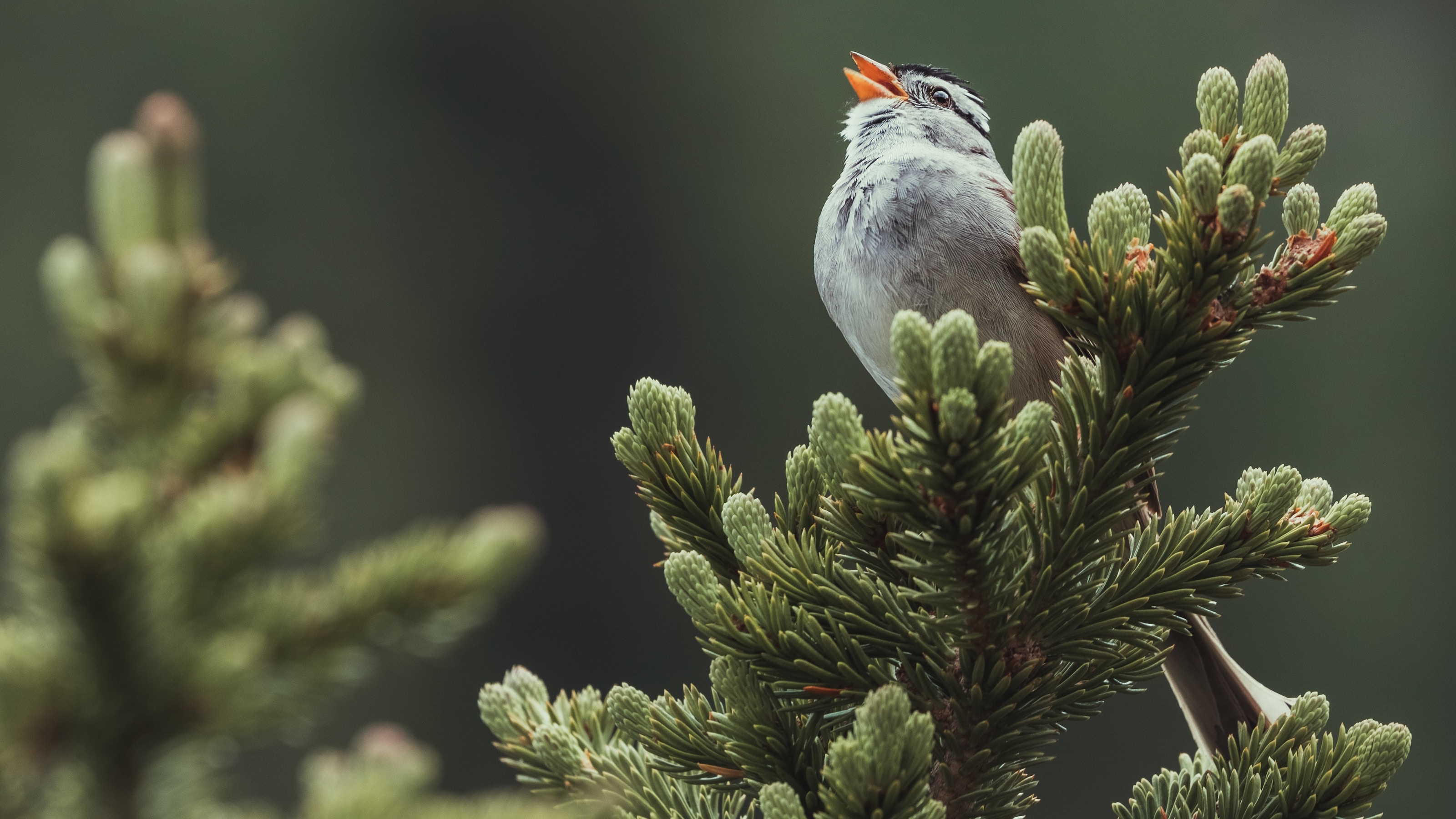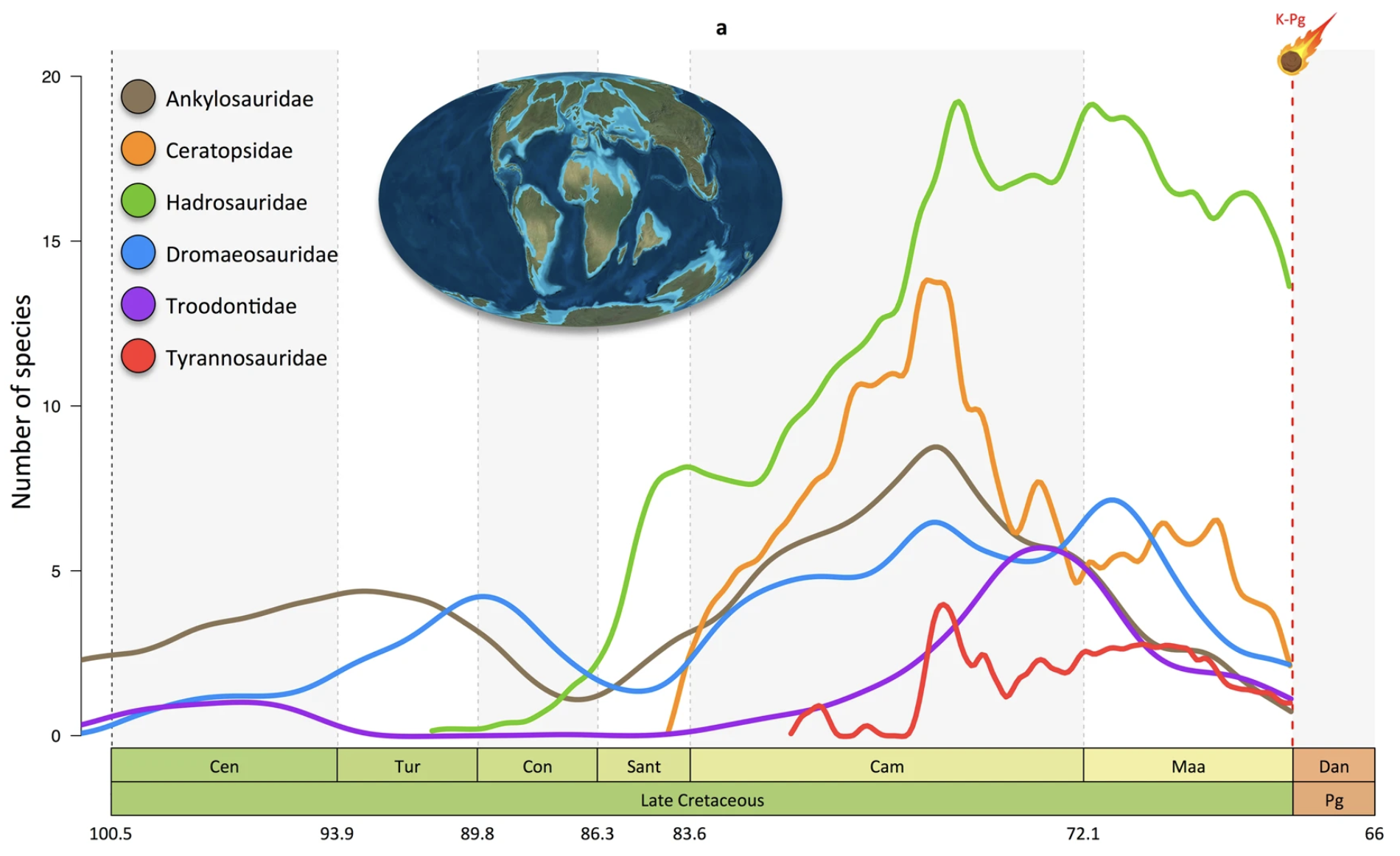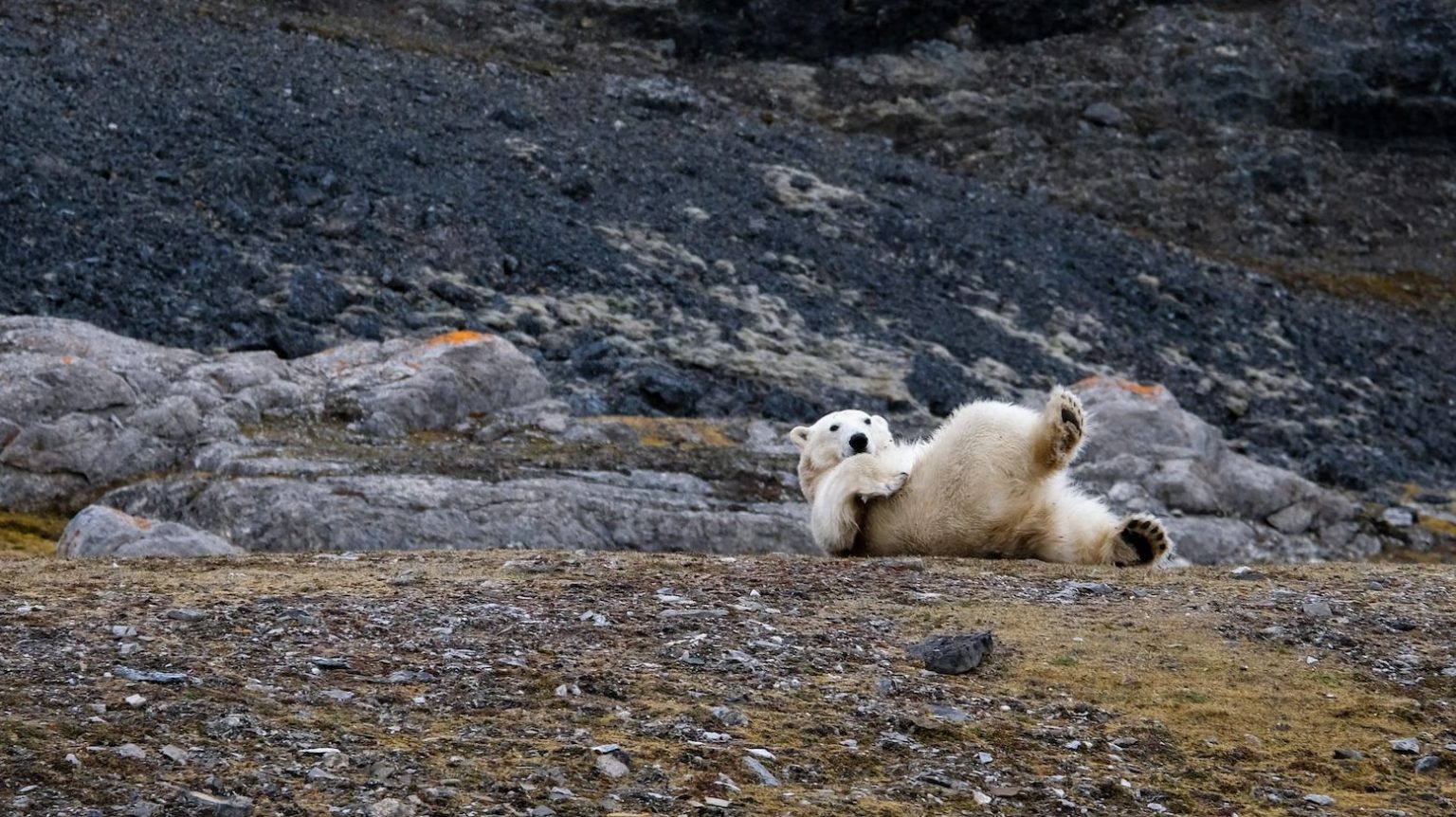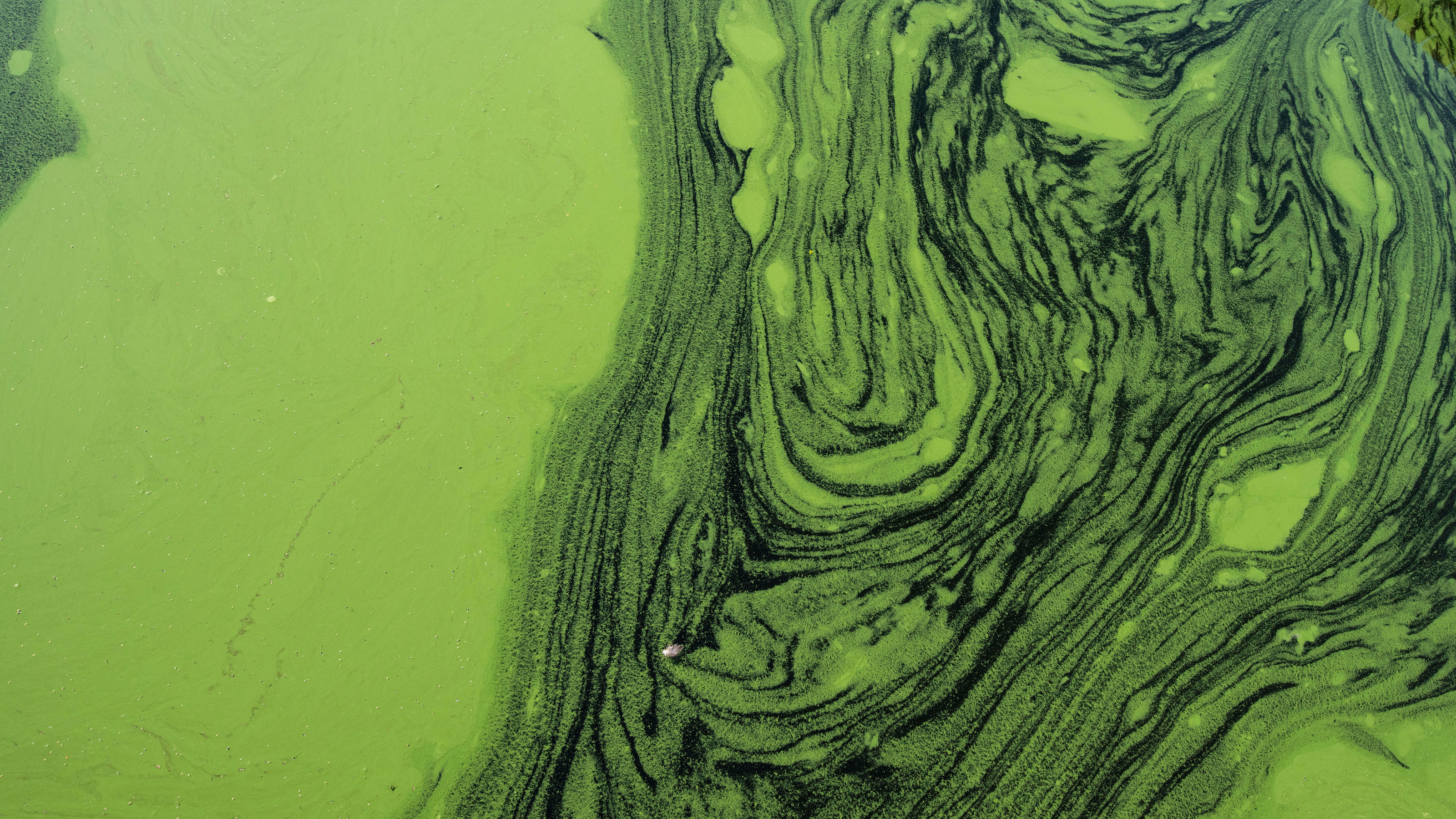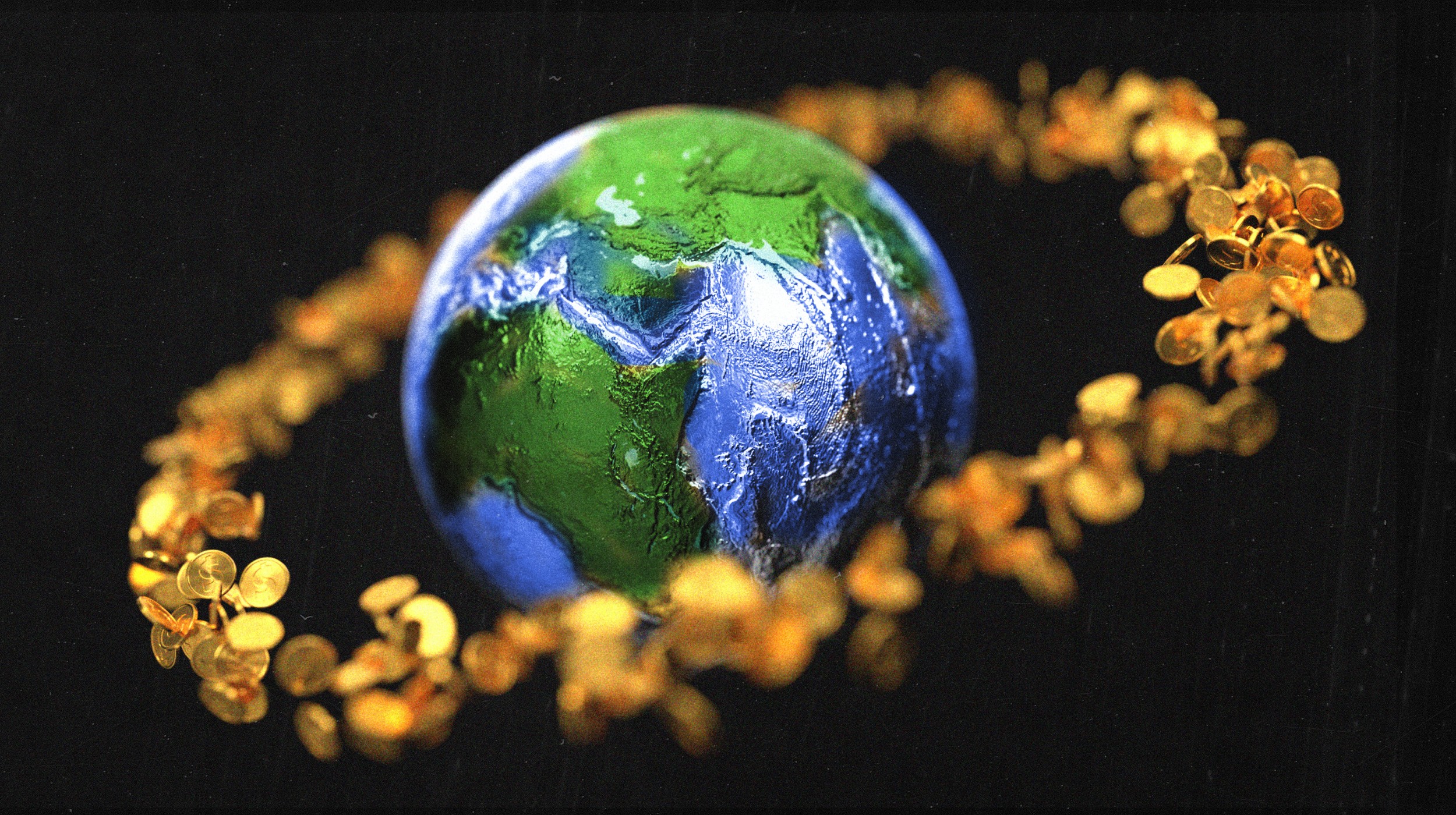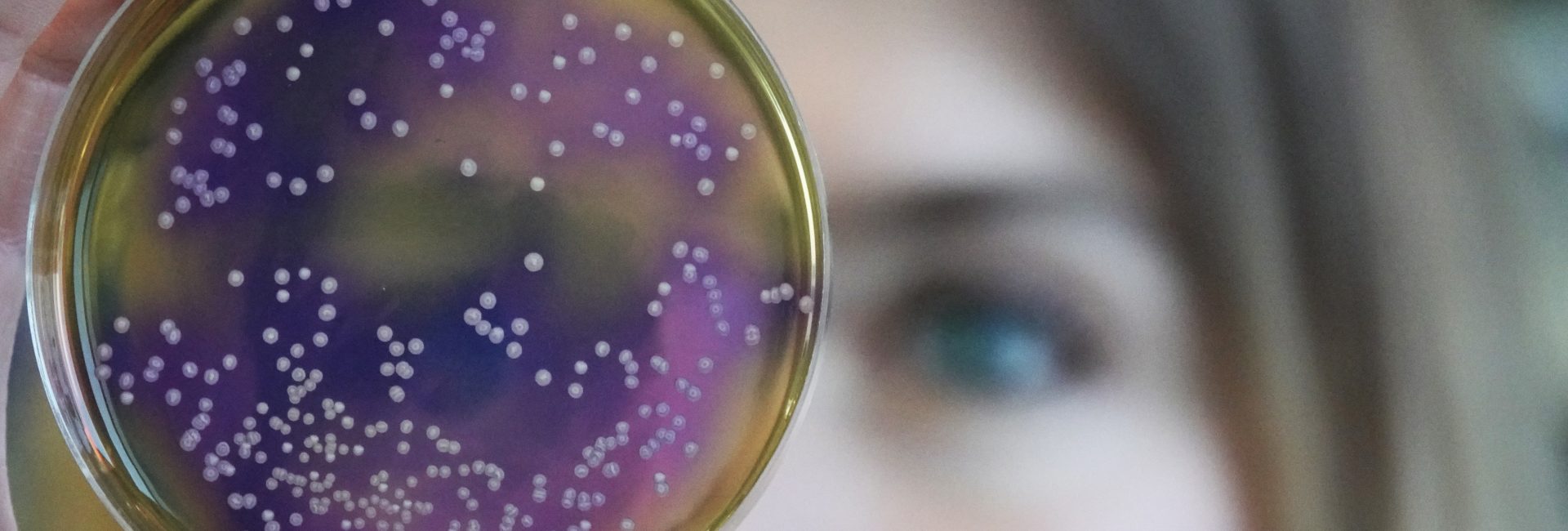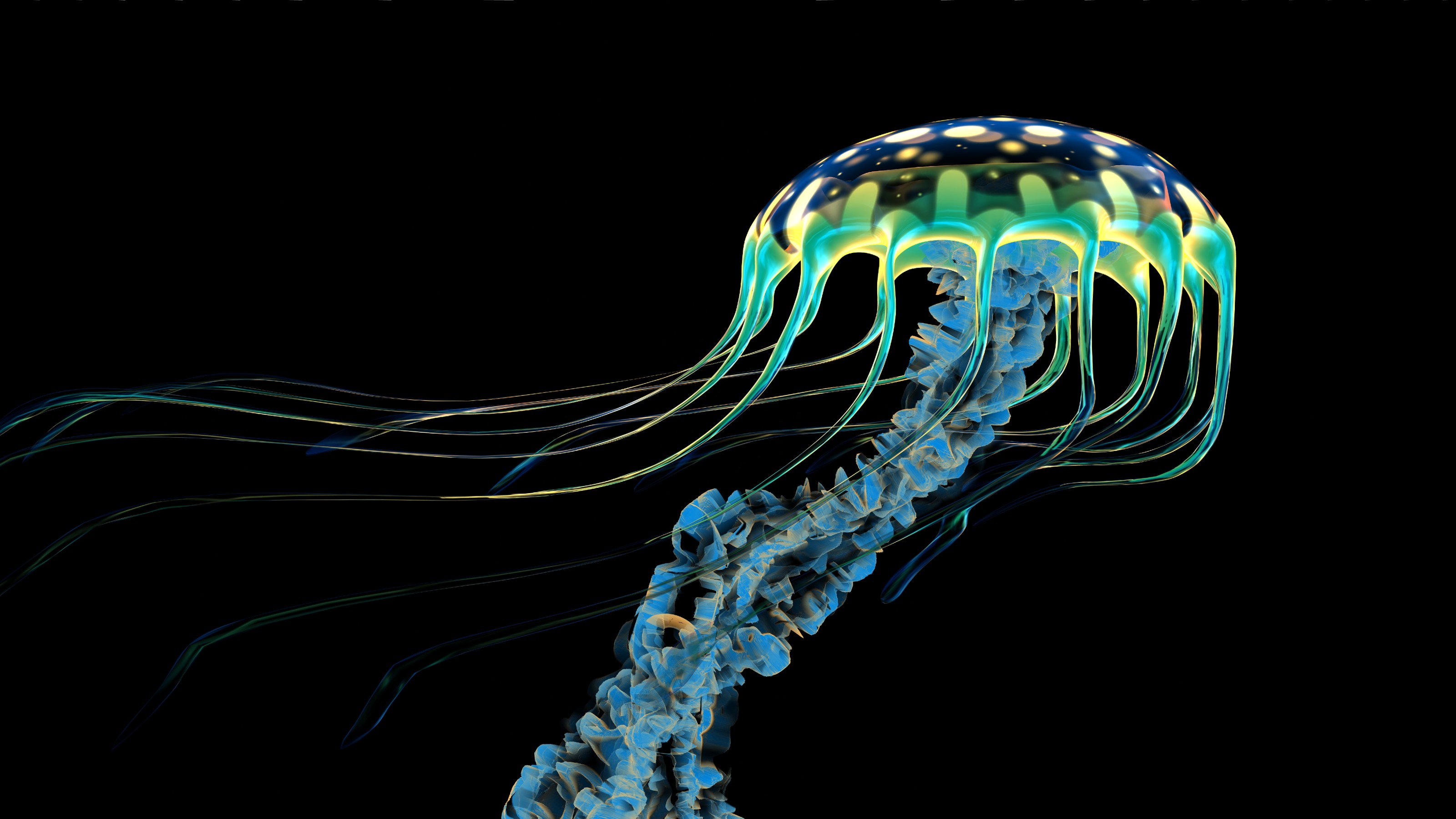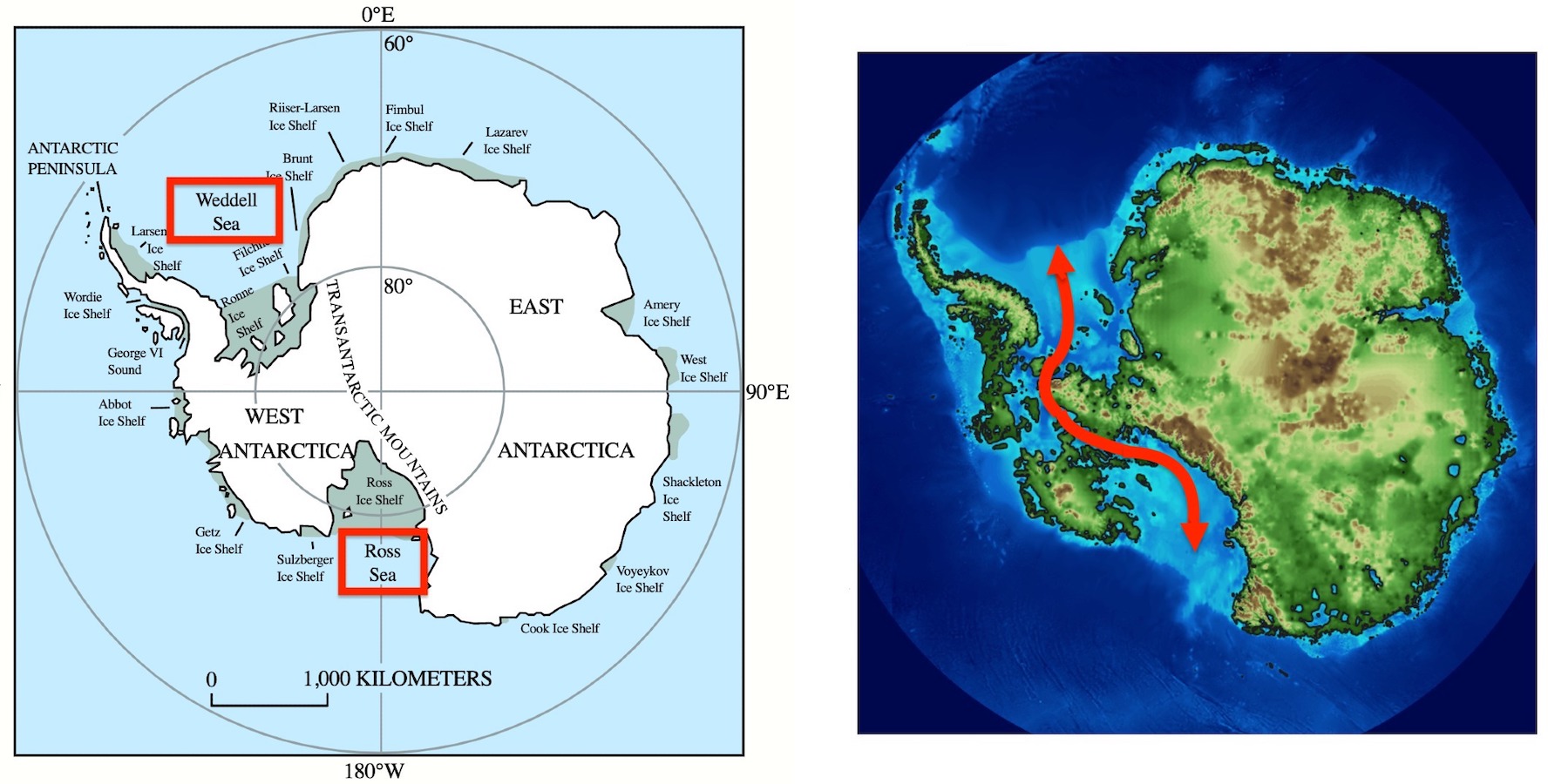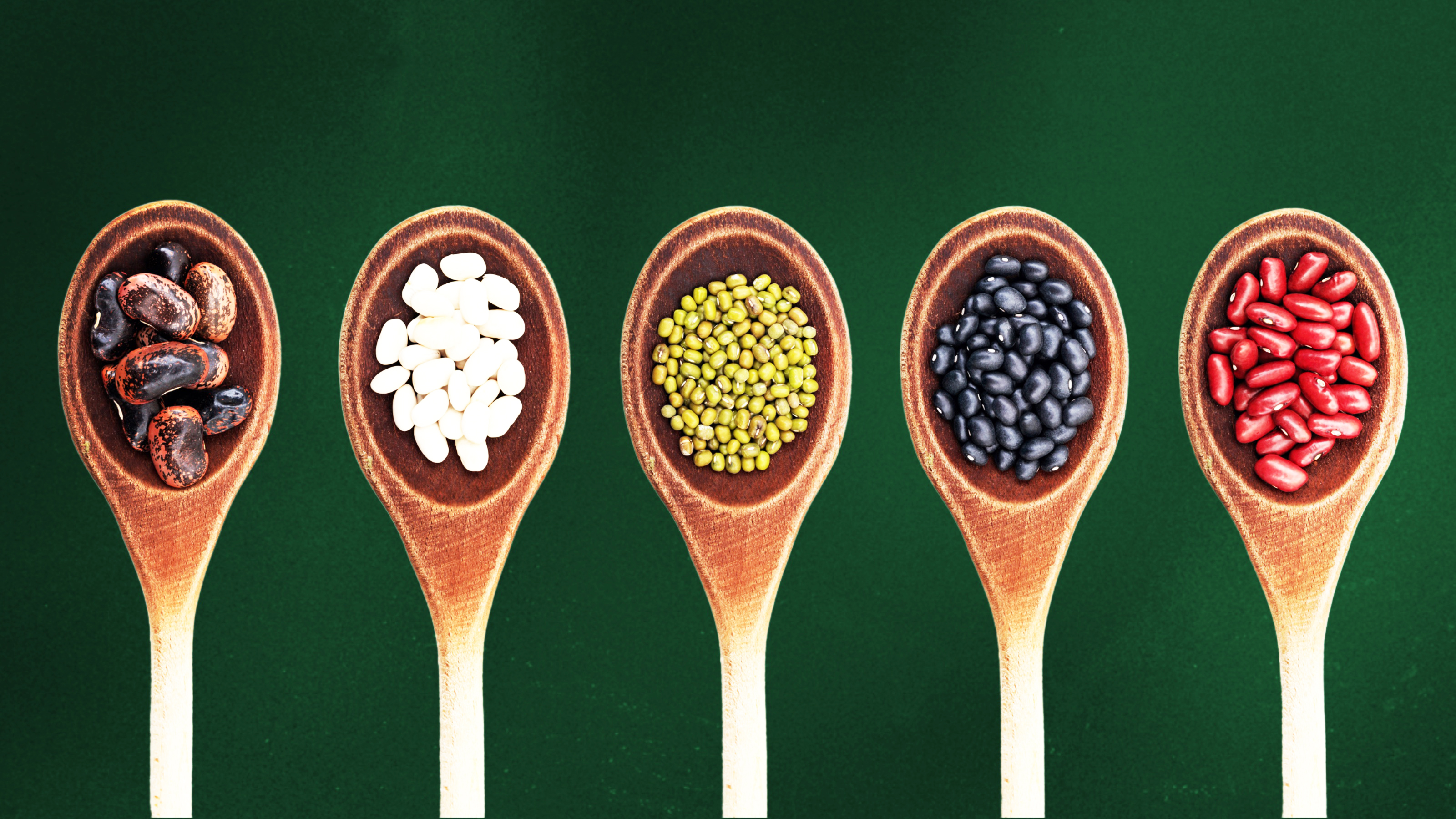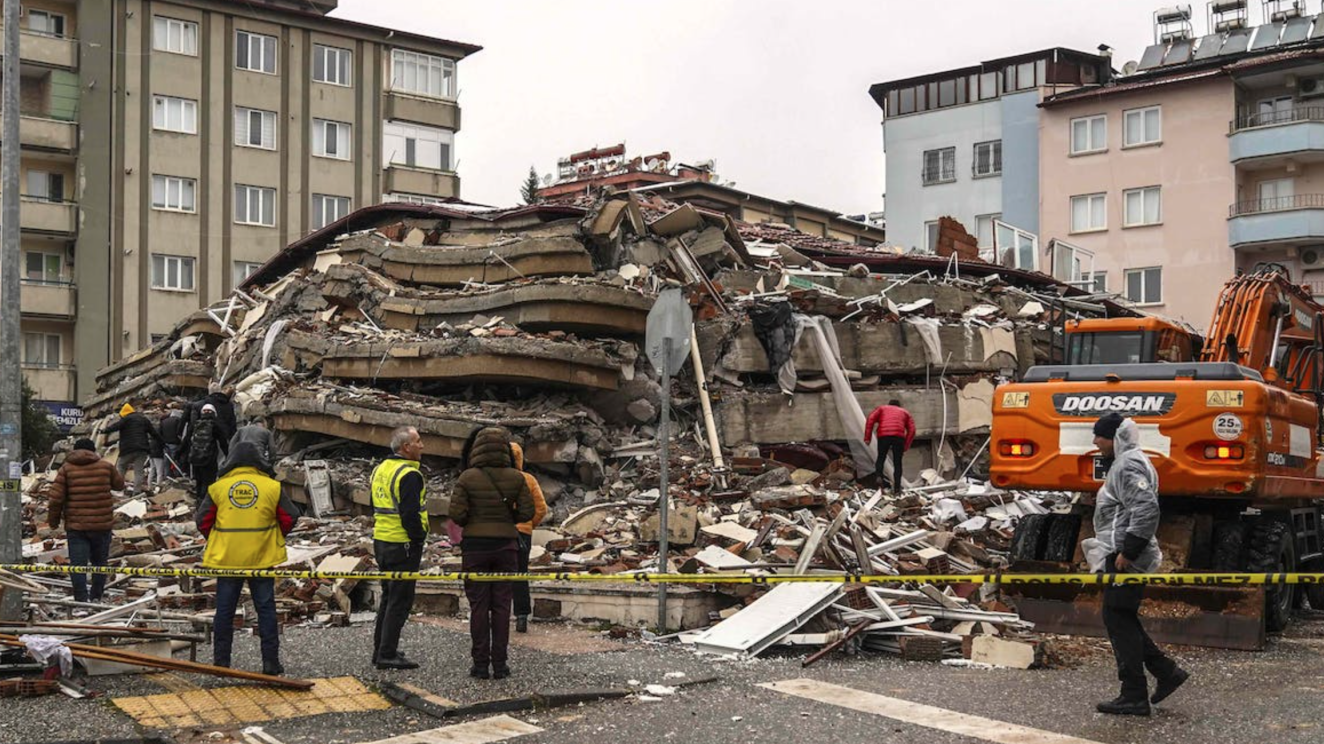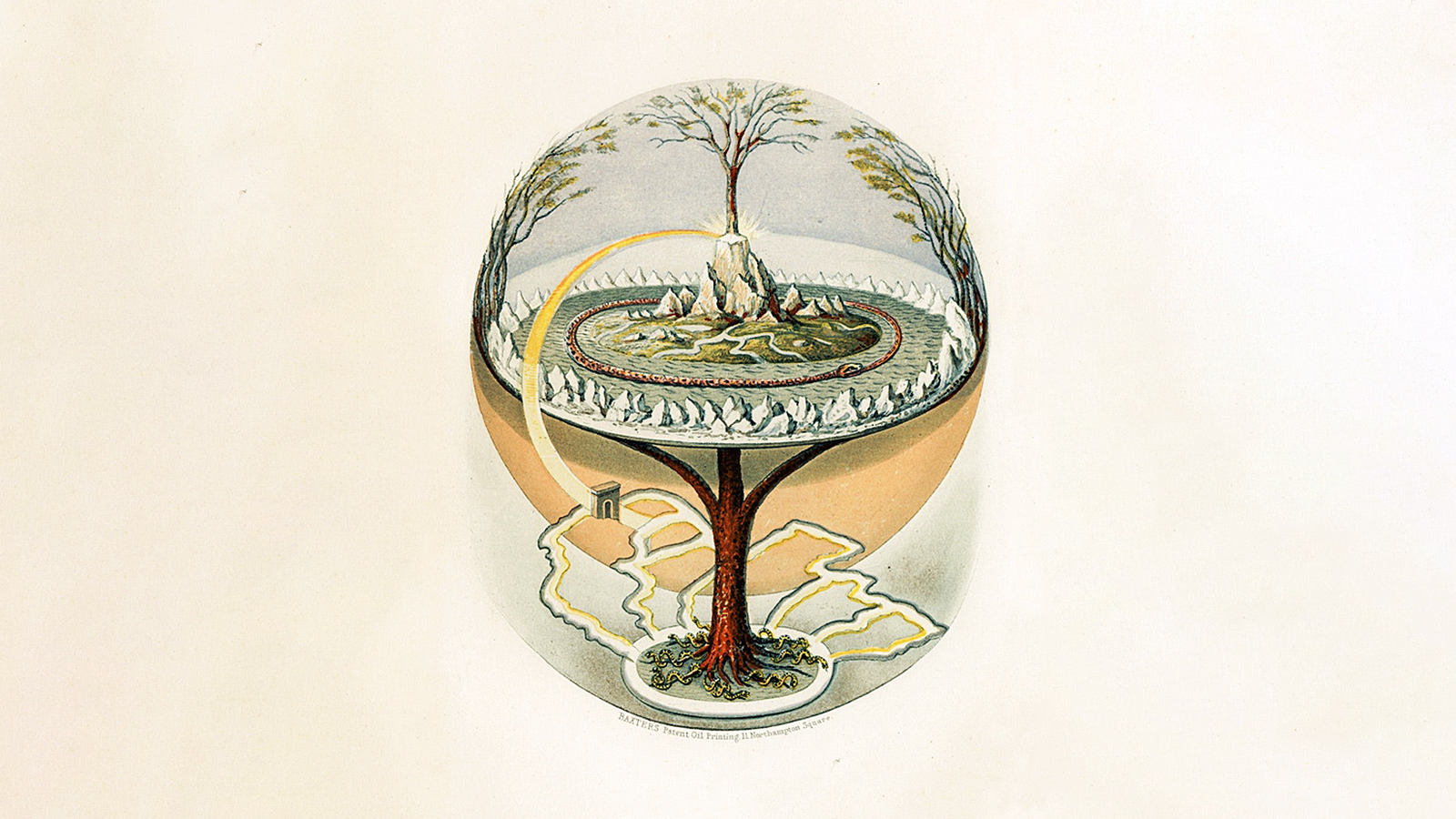environment
Carnivorous plants fascinate as much now as when their gruesome diet was first discovered.
Just 12% of Americans account for half the country’s total beef consumption.
When leaders connect enterprise ambition with the driving spirit of activism, everyone wins.
The world is facing many crises, and we should look to natural interdependence and ancient wisdom as we explore science for solutions.
In the 1960s, politicians and bureaucrats were formulating the Central Arizona Project. Citizens fought back.
AI is helping us replace petrochemicals with natural enzymes.
In many ways, it was worse than Chernobyl.
Meet the masterful con-men who impressed the great and the good despite the astonishing fiction of their very existence.
If we’re going to discuss oceanography and climate change, we should at least identify the currents correctly.
Lab-grown meat may work better as a complement to animal agriculture rather than a replacement of it.
We’re separating the facts about EVs from the fiction.
The divers spend their waking hours either under hundreds of feet of water on the ocean floor or squeezed into an area the size of a restaurant booth.
The crisis of the Anthropocene challenges our traditional narratives and myths about humanity’s place in the world. Citizen science can help.
Rich data on the global state of our feathered friends presents plenty of bad news — but also some bright spots.
De-urbanized lifestyles can be aligned with basic Taoist principles — and remote workers are starting to feel the connection.
The “island rule” hypothesizes that species shrink or supersize to fill insular niches not available to them on the mainland.
Ocean fertilization is extremely controversial, but if done correctly, it just might work.
Climate and ecological changes, as well as disruptions to the food chain, were already killing off the dinosaurs.
The jail environment teaches the animals that approaching humans results in a boring and annoying experience.
At least one of Earth’s creatures is able to survive the vacuum of space.
Civil engineer Martin Lebek has a brilliant plan to redress the world’s phosphorus imbalance.
Frugality can also benefit the environment.
Left to their own devices, yeast cells will consume all available resources and poison themselves to death. Is humanity smarter than that?
Deep underwater, temperatures are close to freezing and the pressure is 1,000 times higher than at sea level.
Two populations that are geographically separated today once mated a very long time ago.
Was it the enormous magnitude of the quake, or is the problem with the buildings?
According to Peter Ward’s “Medea hypothesis,” photosynthesizing organisms regularly doom most life on Earth by over-consuming carbon dioxide.



